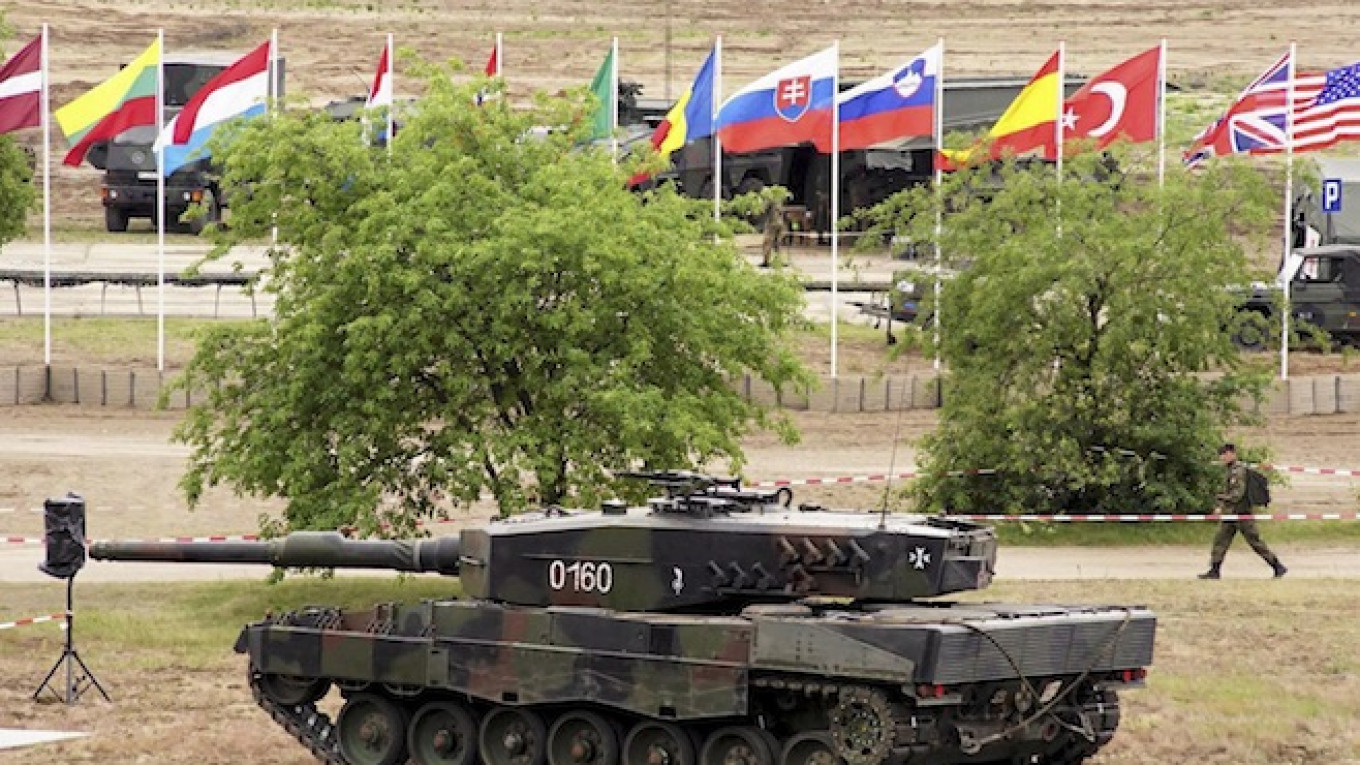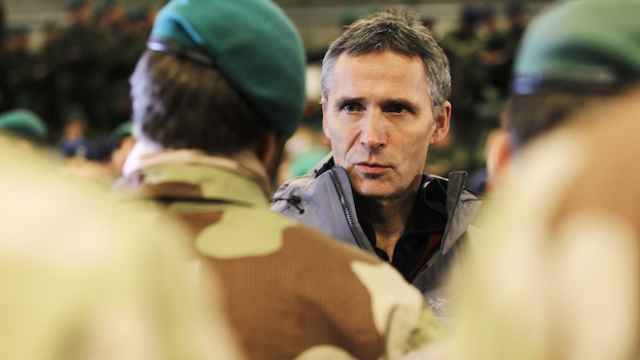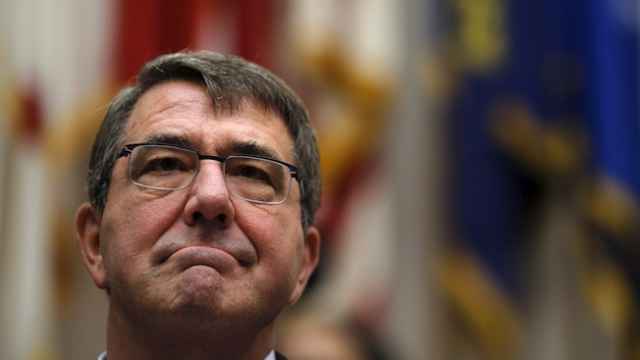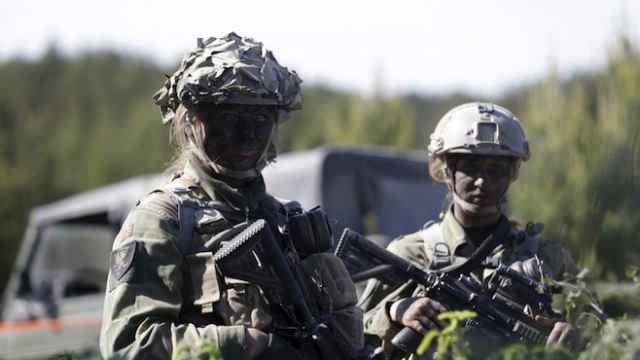BRUSSELS - Military spending by NATO countries is set to fall again this year in real terms despite increased tensions with Russia and a pledge by alliance leaders last year to halt falls in defense budgets, NATO figures released on Monday showed.
The figures showed defense spending by the 28 members of the alliance is set to fall by 1.5 percent in real terms this year after a 3.9 percent fall in 2014.
The fall comes at a time when tension between NATO and Russia is running high over the Ukraine conflict. Russia has sharply raised its defense spending over the past decade.
It also comes in spite of a pledge by NATO leaders, jolted by Russia's annexation of Ukraine's Crimea region, last September to stop cutting military spending and move towards the alliance's target of spending 2 percent of their economic output on defense within a decade.
NATO Secretary-General Jens Stoltenberg said 18 allies were set to raise defense spending this year in real terms, but the total was lower, continuing a trend of declining military spending, especially by European NATO allies.
"So we need to redouble our efforts to reverse this trend. Because we are facing more challenges, and we cannot do more with less indefinitely," he told a news conference.
He said he would raise the issue with NATO defense ministers who meet in Brussels on Wednesday and Thursday.
NATO expects five NATO allies to meet the 2 percent spending goal in 2015, up from four in 2014.
Poland, which has embarked on a major military modernization program, is set to join the United States, Britain, Estonia and Greece as the only NATO allies meeting the target.
The United States frequently criticizes its European allies for not spending enough on defense.
U.S. Army Chief of Staff General Raymond Odierno urged Britain in a newspaper interview in March to maintain defense spending at the NATO target level of 2 percent of national output.
But the British government has declined to commit to meeting the target beyond the current financial year, saying it will depend on the outcome of a defense spending review.
A Message from The Moscow Times:
Dear readers,
We are facing unprecedented challenges. Russia's Prosecutor General's Office has designated The Moscow Times as an "undesirable" organization, criminalizing our work and putting our staff at risk of prosecution. This follows our earlier unjust labeling as a "foreign agent."
These actions are direct attempts to silence independent journalism in Russia. The authorities claim our work "discredits the decisions of the Russian leadership." We see things differently: we strive to provide accurate, unbiased reporting on Russia.
We, the journalists of The Moscow Times, refuse to be silenced. But to continue our work, we need your help.
Your support, no matter how small, makes a world of difference. If you can, please support us monthly starting from just $2. It's quick to set up, and every contribution makes a significant impact.
By supporting The Moscow Times, you're defending open, independent journalism in the face of repression. Thank you for standing with us.
Remind me later.






